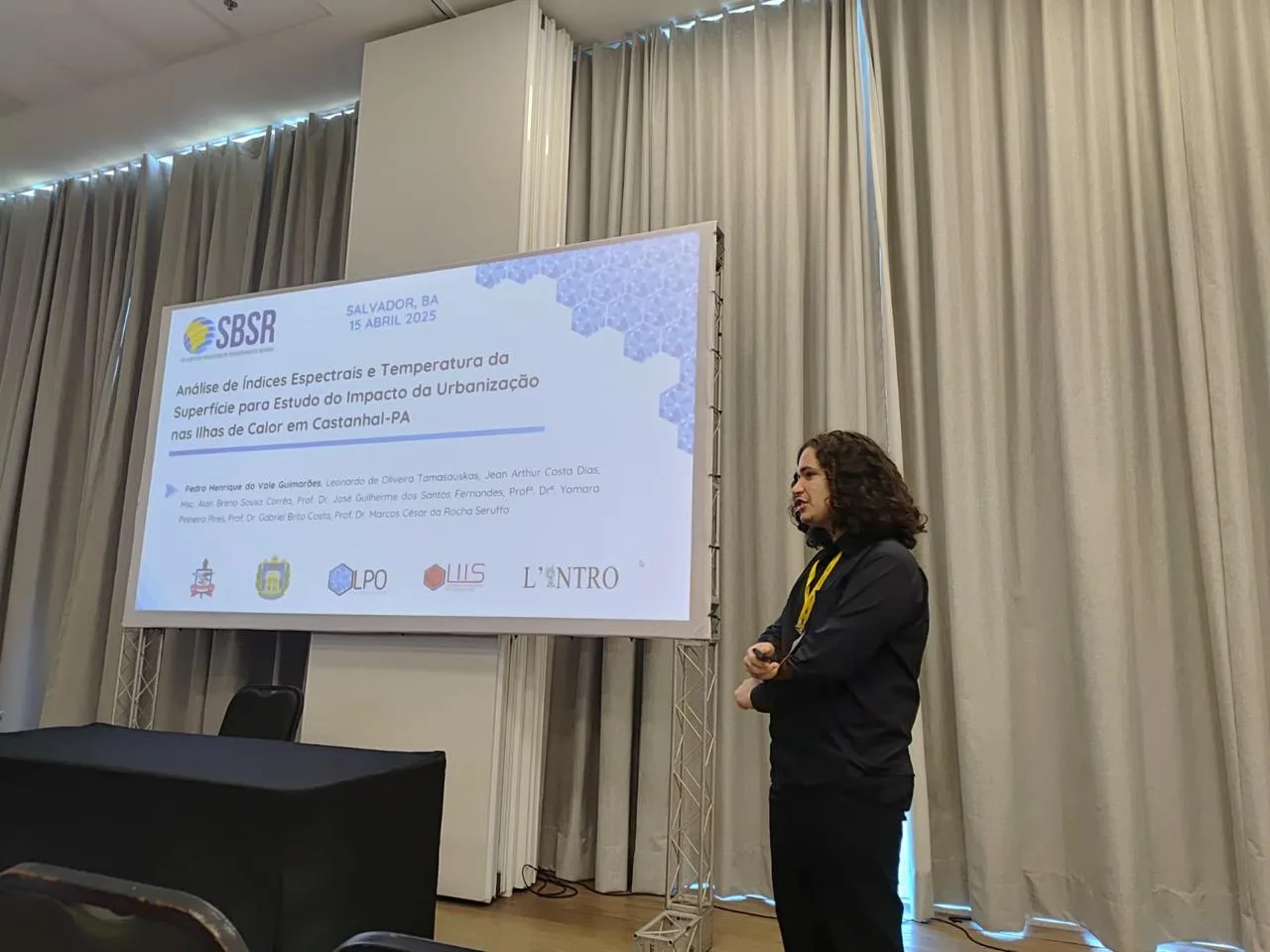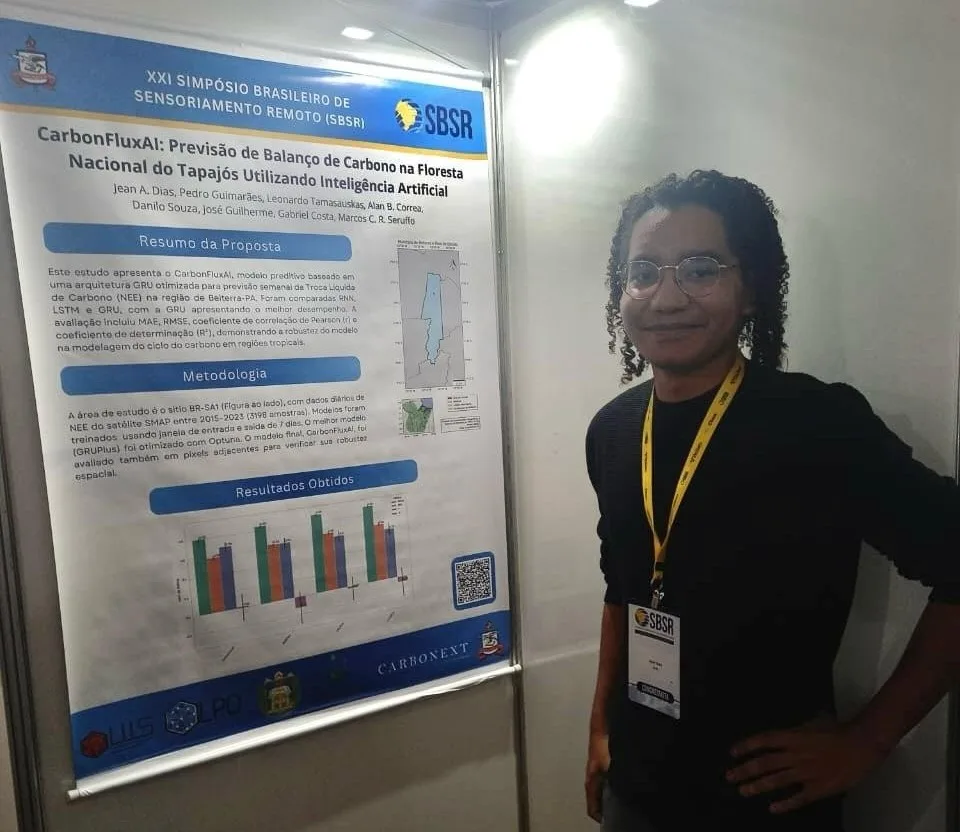Researchers from LIIS.LPO at the Federal University of Pará (UFPA) have had their paper accepted at the ACM International Conference on Interactive Media Experiences (IMX), which will take place at the Fluminense Federal University, in Niterói – RJ, from June 3rd to 6th, 2025. The proposal aligns with the principles of Education 5.0 and seeks to address the long-standing challenges of mathematics education in Brazil, especially in underprivileged regions where access to didactic and technological resources remains limited. What is GeoModel? GeoModel is a mobile application that uses the smartphone’s camera to identify geometric shapes in real time. It recognizes figures such as cylinders, cones, spheres, and cuboids in the environment, offering users a practical and immersive learning experience. It also features a scoring system that rewards correct shape identification, encouraging learning through gamification. The game demo, which was submitted to the IMX scientific committee, is now available on YouTube and can be accessed here. Authors: Fernando Farias Dimas (UFPA) Vitor Hugo Barbosa Melo (UFPA) Leonardo da Conceição Estevam (UFPA) Flávio Rafael Trindade Moura (UFPA) Renato Araújo Lima (PUCPR) Walter dos Santos Oliveira Júnior (UFPA) Diego Lisboa Cardoso (UFPA) Marcos César da Rocha Seruffo (UFPA)
LIIS.LPO presents Study on the Impact Of Heat Islands in Castanhal – PA at SBSR
Undergraduate student Pedro Guimarães is representing LIIS.LPO at the XXI Brazilian Symposium on Remote Sensing (SBSR), held in Salvador, and presented, on April 15, the study “Analysis of Spectral Indices and Surface Temperature to Study the Impact of Urbanization on Heat Islands in Castanhal-PA”, authored by: Pedro Henrique do Vale Guimarães (UFPA) Leonardo de Oliveira Tamasaukas (UFPA) Jean Arthur Costa Dias (UFPA), M.Sc. Alan Breno Sousa Corrêa (UFPA) Prof. Dr. Jose Guilherme dos Santos Fernandes (UFPA) Prof. Dr. Yomara Pinheiro Pires (UFPA) Prof. Dr. Gabriel Brito Costa (UFOPA) Prof. Dr. Marcos César da Rocha Seruffo (UFPA) Student Pedro Guimarães at SBSR The research investigates the formation of urban heat islands in the municipality of Castanhal-PA, using remote sensing techniques to calculate land surface temperature and spectral indices of vegetation and urbanization. The aim is to understand how the reduction of green areas intensifies warming in urban zones, highlighting the importance of preserving and expanding these areas to ensure sustainable urban development. This study shows how our laboratories contribute innovative solutions to urban challenges in the Amazon through research.
LIIS.LPO presents AI Model for Carbon Balance Prediction at SBSR
Undergraduate student Jean Dias is representing the LIIS.LPO at the XXI Brazilian Symposium on Remote Sensing (SBSR), which is taking place from April 13 to 16 in Salvador, Bahia. The event is aimed at the technical-scientific and business communities, as well as users in the fields of Remote Sensing, Geoinformatics, and their applications. It brings together participants from all over Brazil and abroad to discuss the latest research and technological advancements from the past two years. Source: SBSR website. On April 14, Jean presented the study entitled “CarbonFluxAI: Carbon Balance Prediction in the Tapajós National Forest Using Artificial Intelligence,” developed in collaboration with the following co-authors: Pedro Guimarães (UFPA) Leonardo Tamasauskas (UFPA) Alan B. Correa (UFPA) Danilo Souza (Carbonext) José Guilherme (UFPA) Gabriel Costa (UFOPA) Marcos C. R. Seruffo (UFPA) Jean Dias presenting the study The research proposes an artificial intelligence model, called CarbonFluxAI, aimed at predicting the Carbon Balance in the Tapajós National Forest. The model is based on a Gated Recurrent Unit (GRU) neural network architecture. The researchers evaluated three different architectures — RNN, LSTM, and GRU — and identified that the GRU offered the best performance for the proposed task. Based on this analysis, the team optimized the GRU architecture using the Optuna framework, resulting in a more efficient final model. The participation in the symposium marks an important milestone for LIIS.LPO, highlighting the lab’s engagement with themes related to sustainability and technological innovation in Brazil.
Exchange Program in Manaus Boosts Immersive Technologies in Education with Participation of LIIS.LPO
The exchange program held at the Amazonas State University – Normal School (UEA-ENS) has been driving the development of educational technologies based on virtual reality (VR) and augmented reality (AR). The initiative brings together students and professors from the fields of mathematics, languages, biology, and computer science, and also stands out for including a deaf student among the participants, reinforcing its commitment to diversity. Master’s student Leonardo Estevam Representing LIIS.LPO from the Federal University of Pará (UFPA), student Leonardo da Conceição Estevam was invited to participate in the exchange. With experience in applied computing, Leo has been training participants in the use of tools such as Unity and AR frameworks (ARKit/ARCore), as well as supporting the development of innovative educational prototypes. His presence symbolizes the integration between Amazonian institutions and the strengthening of academic collaboration networks. The project aims to foster the application of immersive technologies to make education more accessible, interactive, and efficient. One of the highlights among the participants is student Guylherme Branches, who is developing an augmented reality application focused on the fauna and flora of the Amazon rainforest, showcasing the potential of technology for environmental education. Student Guylherme Branches The exchange program, linked to the “School of the Future – Educational Innovation Hub of the Amazon,” has been fulfilling its role of promoting innovation, inclusion, and positive social impact in the region’s educational landscape. Class participating in the VR and AR course training, including professors and students from the areas of Mathematics, Literature, Biology, and Computer Science.




